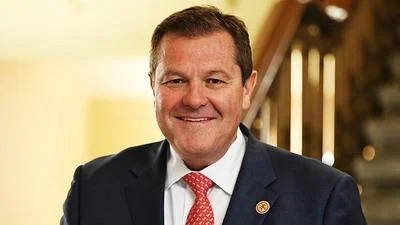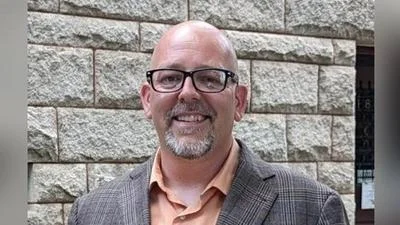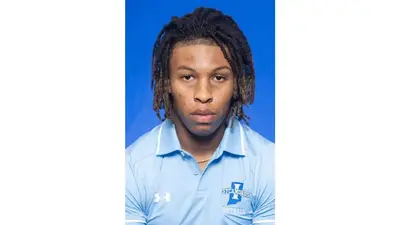Abraham Lincoln Memorial Hospital issued the following announcement on Dec. 30.
Each year around 795,000 Americans suffer a stroke. In most cases, the recovery requires rehabilitation, which can help stroke survivors regain independence and return to a better-quality of life.
“Intensive rehabilitation provides the tools and training to regain vital life skills such as walking, talking, functional use of all extremities, completing activities of daily living and swallowing,” said David Gelber, MD, a neurologist and medical director of Memorial Inpatient Rehab Services at Memorial Medical Center. “Recovery may also include learning compensatory techniques for functional activities until recovery is complete and caregiver training to teach loved ones to assist upon returning home.”
What is a Stroke?
A stroke occurs when blood flow is interrupted to an area of the brain.
Stroke can be caused by a blood vessel that becomes blocked or a rupturing of the blood vessel.
The severity of the stroke depends on its size and location within the brain itself.
Rehabilitation
A stroke should be treated as quickly as possible to prevent additional damage. Once a patient receives medical intervention to stop a stroke, rehabilitation can begin.
“Rehabilitation begins after the acute hospital stay and physical, occupational and speech therapy may continue for months after the stroke, in either the home setting via home health services or the outpatient setting,” continued Dr. Gelber. “It is very important for patients to complete therapies recommended by their physician in order to optimize recovery and become as independent as possible.”
The care plan depends on which part of the brain has been affected and to what extent. While many people associate strokes with losing control of arms or legs, they can also have difficult speaking, swallowing and understanding language, and may even lose contact with one side of their body.
Physical, Occupational and Speech Therapists
Depending on the extent of the stroke, a physiatrist may be in charge of the recovery process. A physiatrist is a doctor who treats medical conditions that affect the brain, nerves, spinal cord, bones, ligaments, joints, muscles or tendons. Your doctor, along with a team of rehab specialists, will work with you and your family to develop a care plan for your post-stroke therapy and rehabilitation. This may include physical therapy (movement), occupational therapy (carrying out daily activities) or speech (communication and swallowing). Each care plan includes a set schedule for the patient to follow.
“We partner with our patients to meet their individual goals and maximize independence prior to discharge,” said Liz Reef, stroke program coordinator at Memorial Inpatient Rehab. “We help people return to their homes, families and normal routines, and provide the training and tools to continue their stroke recovery upon discharge.”
Need Help and Resources for a Stroke Survivor?
Patients of Memorial Physician Services have access to free care navigation to help you find resources and information for yourself or your loved one. Learn more about inpatient and rehabilitation at Memorial Health System:
Physical Therapy at Abraham Lincoln Memorial Hospital, Lincoln, Illinois
Rehab Services at Memorial Medical Center, Springfield, Illinois
Rehabilitation Services at Passavant Area Hospital, Jacksonville, Illinois
Rehabilitation Services at Taylorville Memorial Hospital, Taylorville, Illinois
Original source can be found here.

Source: Abraham Lincoln Memorial Hospital






 Alerts Sign-up
Alerts Sign-up